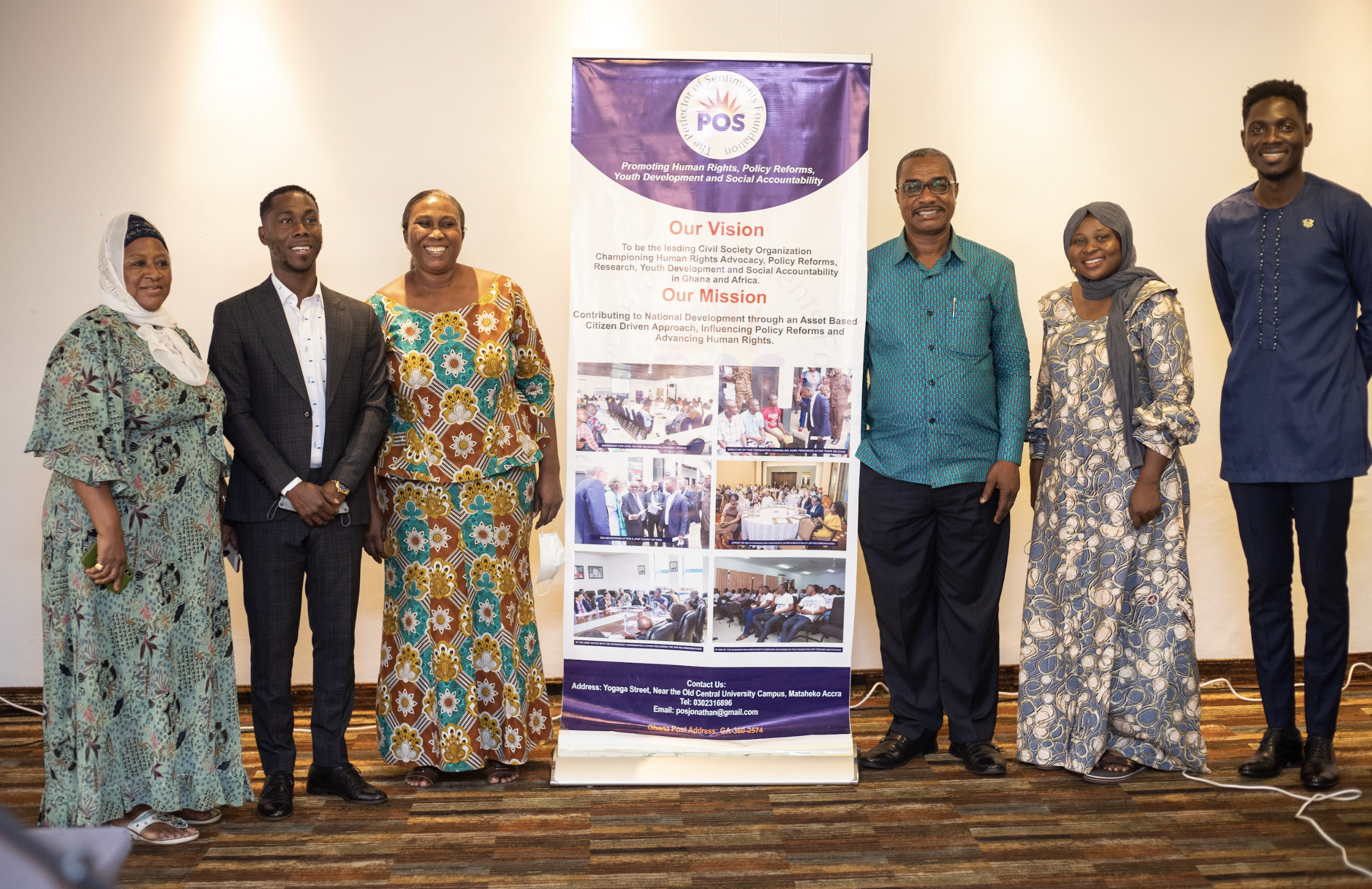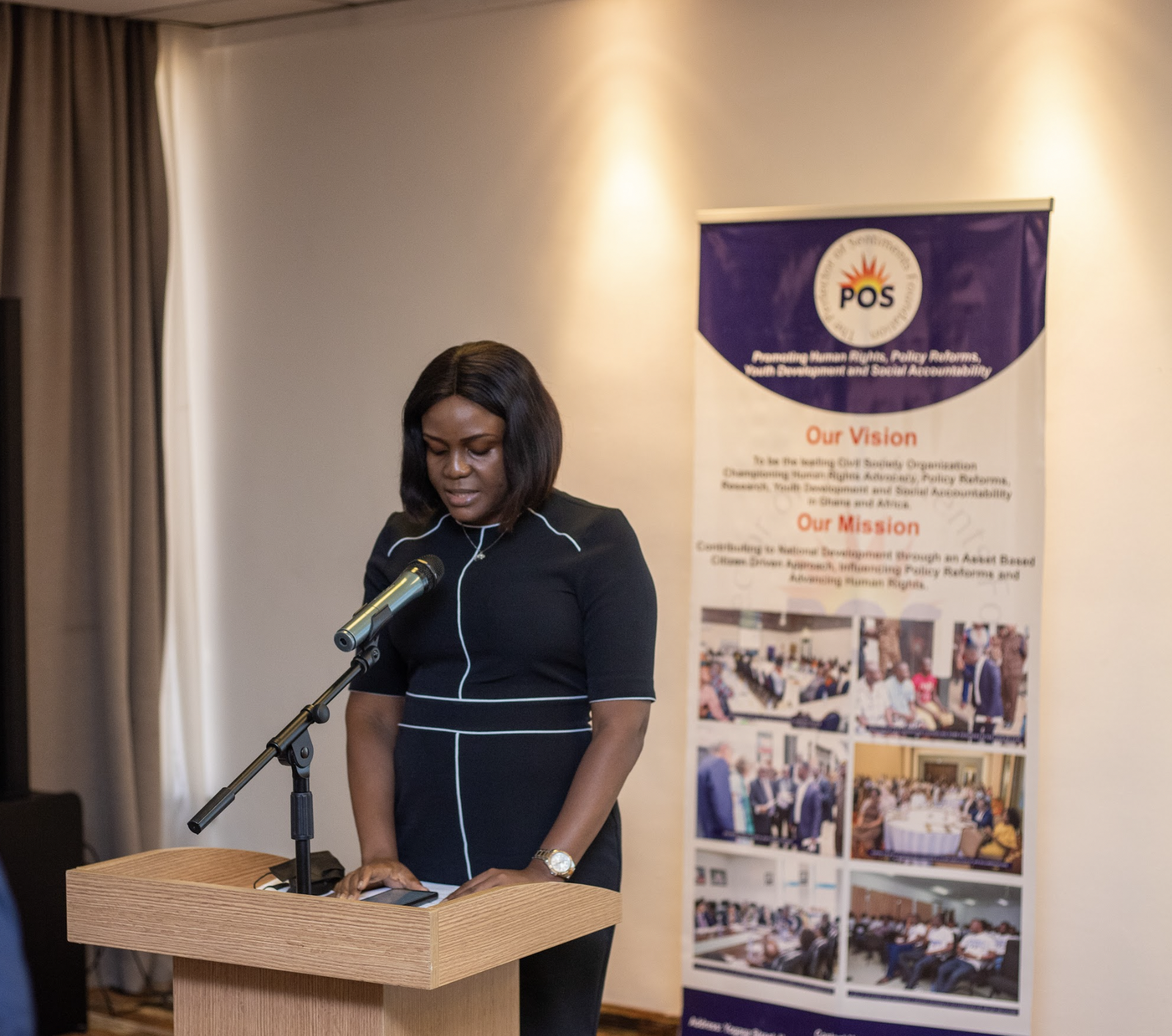About UPR Ghana
In 2006, the United Nations General Assembly near unanimously adopted Resolution 60/251, to establish a Human Rights Council (replacing the Human Rights Commission) with the responsibility of promoting universal respect for the protection of all human rights and fundamental freedoms for all.
One of the key mandates of the Council is to undertake a Universal Periodic Review (UPR), on the fulfilment of each State’s human rights obligations and commitments. The UPR is therefore a unique Human Rights mechanism where each of the 194 UN Member States are peer-reviewed and examined on their entire human rights record every five years regardless of its size or political influence, under the same rules and supervision. States are required to respond not only to all recommendations made by its peers, but also to provide data on the implementation of recommendations it has previously accepted, including voluntary commitments. It remains a co-operative process that requires the full participation of the State under Review and complements the work of all UN treaty bodies.
UPR is a very important process for advancing the realization of human rights Nationally, Regionally and Globally. Ghana’s human rights record has been reviewed by the UN Human Rights Council (HRC), UPR Working Group (WG) three times, thus; May 2008 (1st Cycle), October 2012 (2nd Cycle) and November 7, 2020 (3rd Cycle). Consequently, Ghana received 241 recommendations for the 3rd Cycle which is attributed to the effective participation of Civil Society Organizations in the process as compared to the first and second cycles. In a draft report of the UPR WG on Ghana’s third cycle, 200 recommendations enjoyed the support of Ghana while 41 were noted. Thus far, Ghana accepted 12 additional recommendations ( 10 accepted and 2 partially accepted) out of 41 during the formal adoption in March 2018, bringing the total number of accepted recommendations by Ghana to 212 out of 241, while 29 recommendations were noted.


© Copyright 2021. All rights Reserved. (POS Foundation Initiative). Funded By UNDP


